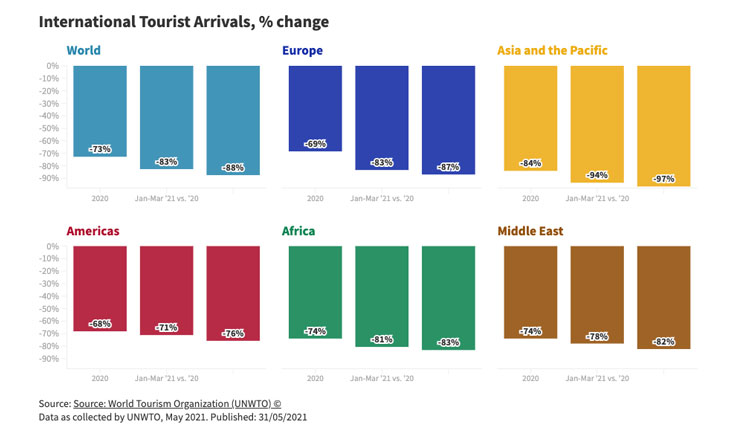The Diplomat
The Minister of Foreign Affairs, Arancha González Laya, announced yesterday to her department’s employees posted abroad that she is “organising” the shipment of doses of Janssen’s COVID-19 vaccine to those countries where vaccination is not currently possible.
The minister made the announcement minutes after representatives of the trade union confederations CSIF, CC.OO, SISEX and UGT walked out of a meeting they were holding with the director general of the Foreign Service, Álvaro Kirkpatrick, to discuss the Code of Ethics drawn up by the Ministry for its workers.
The unions decided to leave the meeting in protest at the Minister’s failure to fulfil the commitment made on 19 May to send them a vaccination plan for staff posted abroad, according to a joint communiqué issued by CSIF, CC.OO and SISEX and another issued by UGT, which also stated that it was “extremely happy” to learn that the Minister had already been vaccinated, as reported by The Diplomat.
A few minutes after issuing these communiqués in which the trade union centres stated their intention not to attend any meeting until the promised vaccination plan was provided, the undersecretary, Celsa Nuño, sent the minister’s letter.
In this letter, González Laya tries to explain the steps that the Ministry has been taking to ensure that all workers abroad are immunised.
She points out that the first solution proposed to vaccinate them, once vaccination began in Spain, was to ask the countries where there is diplomatic representation for a reciprocity agreement. Specifically, she reports that she sent letters to her counterparts “with the aim of offering to vaccinate the officials and employees of their embassies in exchange for them doing the same with ours, in accordance with the protocols in force in their countries”.
The minister claims that, to date, 80 countries have responded favourably, which “has made it possible,” she says, “for many of you to be vaccinated or to be vaccinated in the coming weeks”, a claim that trade union sources consulted by The Diplomat question.
The minister goes on to say that she is aware that there are countries where vaccination is not currently feasible, and announces: “For these cases we are already organising the shipment of Janssen doses for staff”.
González Laya points out that this solution has been adopted “once the availability of doses in Spain has allowed the Ministry of Health to defend this exceptional approach before the Interterritorial Council of the National Health System, where all decisions regarding vaccination in Spain are taken, together with the Autonomous Regions”.
In addition, the minister indicated that they have worked with the Ministry of Health to ensure that those who have health coverage in Spain can be vaccinated “when travelling to our country”, a solution that the trade unions had already been suggesting, but which, in practice, as they admit, is not always implemented.
The minister ended by assuring that the issue of health is “a priority for the Ministry”, and expressed her solidarity with those who have contracted the disease or lost a family member or loved one.
Recently, the deaths from COVID-19 of two workers in India and Ecuador were reported, to which should be added, according to The Diplomat, the death of another worker in Quito and the death of the wife of a diplomat in Morocco.






